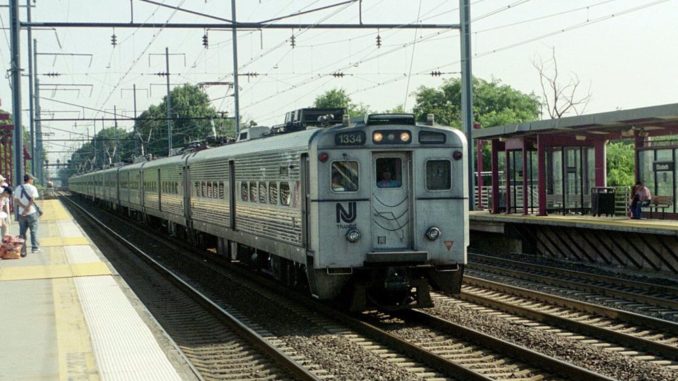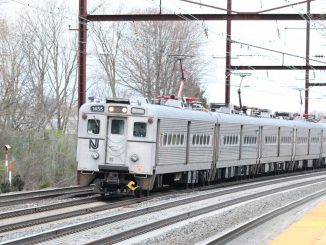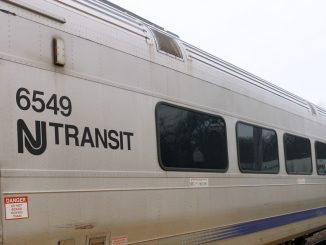
The NJ Transit Board of Directors earlier this month voted to increase fares by roughly 9 percent.
“NJ Transit is moving forward with a balanced budget that reflects a laser-like look at individual business lines in order to maximize efficiencies and maintain a safe transportation system,” N.J. Transit Executive Director Veronique “Ronnie” Hakim said in a news release.
“As transit professionals, we owed our customers and stakeholders a good-faith effort to present them a solid plan that had the least impact on our riders,” Hakim added. “After much hard work, I am confident we delivered on that.”
In addition the transit agency’s board voted to approve a $2.116 billion operating budget and a $2.099 billion capital program for the fiscal year that started July 1.
About half — $1.005 billion — of NJ Transit’s FY 2016 operating budget comes from fares. The remaining amounts come from state and federal reimbursement programs ($961.8 million), commercial revenues ($115.2 million) and state operating help ($33.2 million).
News of the rate increase was not well-received by commuter advocates.
“Since New Jersey Transit receives one of lowest amounts of government funding compared to its counterparts, more of the budget falls on the backs of New Jersey commuters,” NJ Sporlight quoted NJ Sierra Club president Jeff Tittel as saying. “NJT commuters are already overburdened with transportation costs, and this will force more cars on the road. These changes are really a hidden tax on businesses and commuters in New Jersey.”
NJ Transit officials say the agency identified more than $40 million in savings, but still faced a roughly $56 million budget gap for the 2016 fiscal year. However, they contend the fare increase, while uncomfortable, was necessary to avoid service cuts.
“The alternative to a fare increase is draconian service cuts,” the Wall Street Journal quoted Bruce Meisel, vice chairman of NJ Transit’s board, as saying. “There was no good choice here.”





